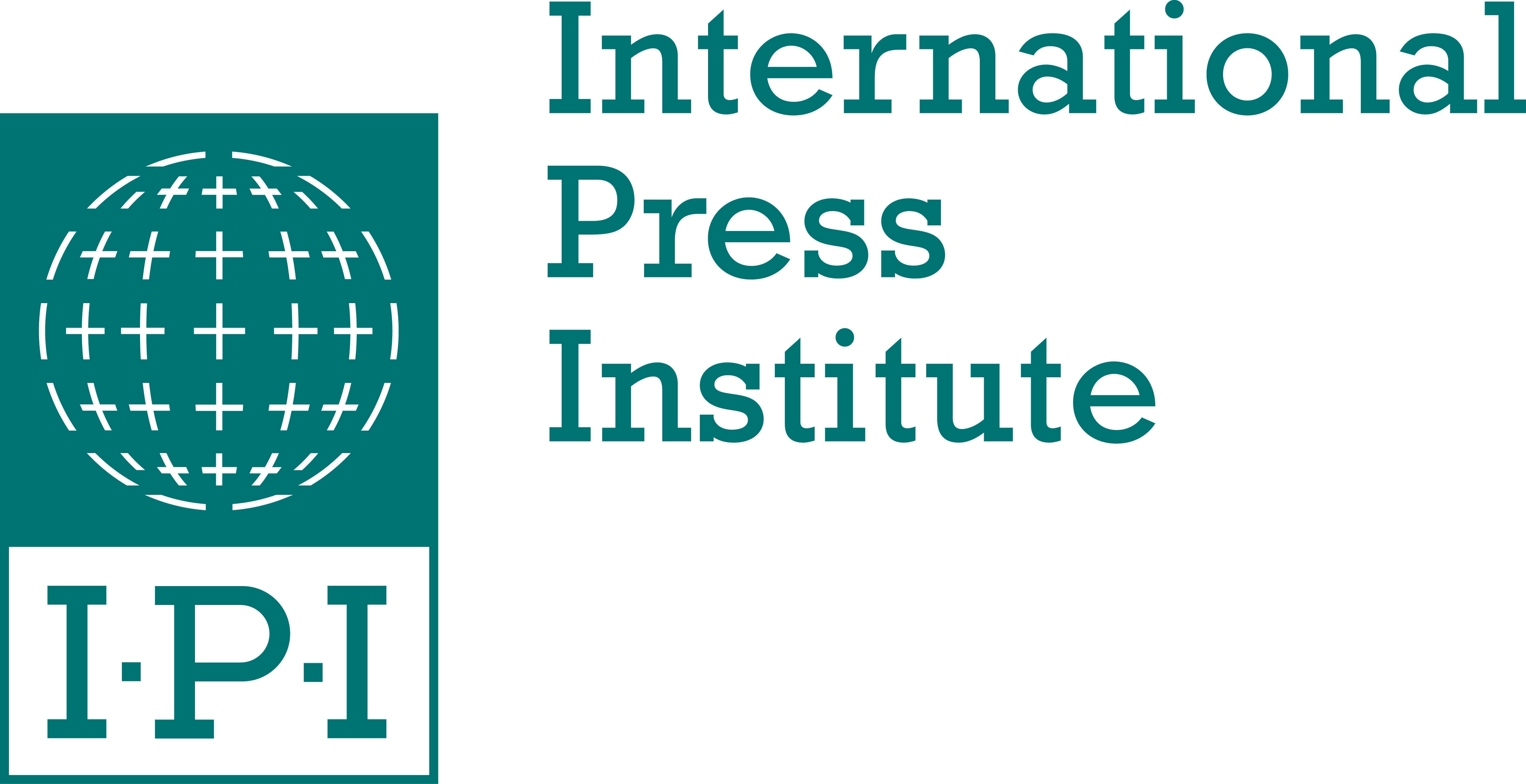Articles by International Press Institute (IPI)
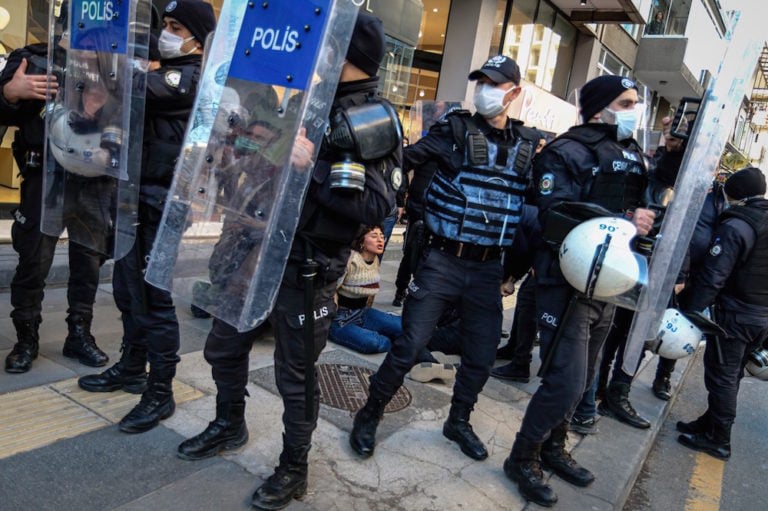
Turkey: Court suspends police directive banning recording at protests
The ruling is an important step toward safeguarding media coverage of protests in Turkey, which have recently been marred by cases of police violence.
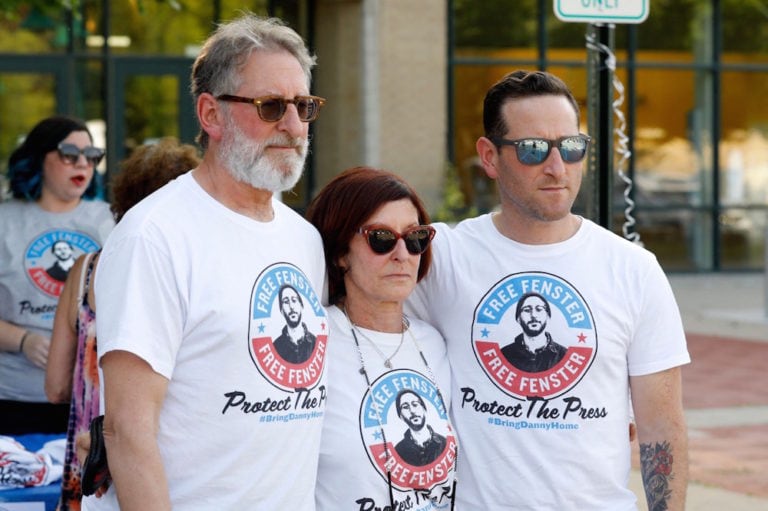
Myanmar sentences American journalist Danny Fenster to 11 years in prison
Danny Fenster, the managing editor of ‘Frontier Myanmar’, was sentenced to 11 years in prison by a military court for “encouraging dissent against the military, unlawful association and breaking immigration law.” He was arrested in May 2021.
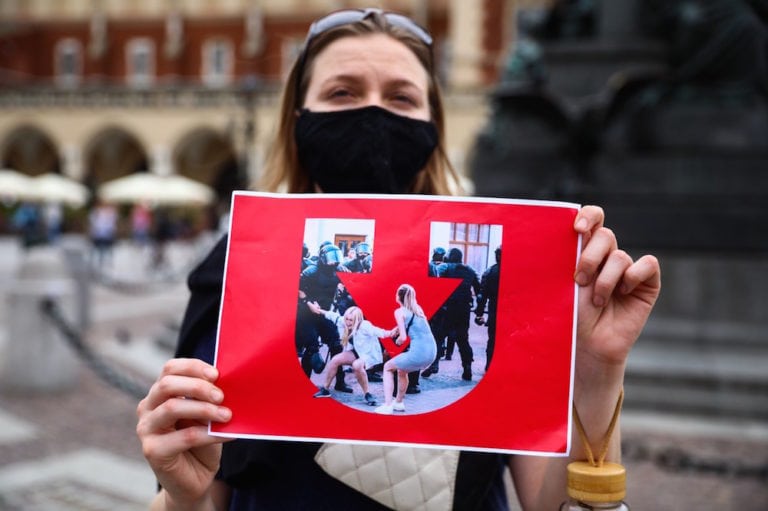
Belarus: IPI urges international community to respond firmly to crackdown on media
“We are now at the point where simply interacting with the Facebook page of an independent media website can land a journalist in jail in Belarus” – International Press Institute.
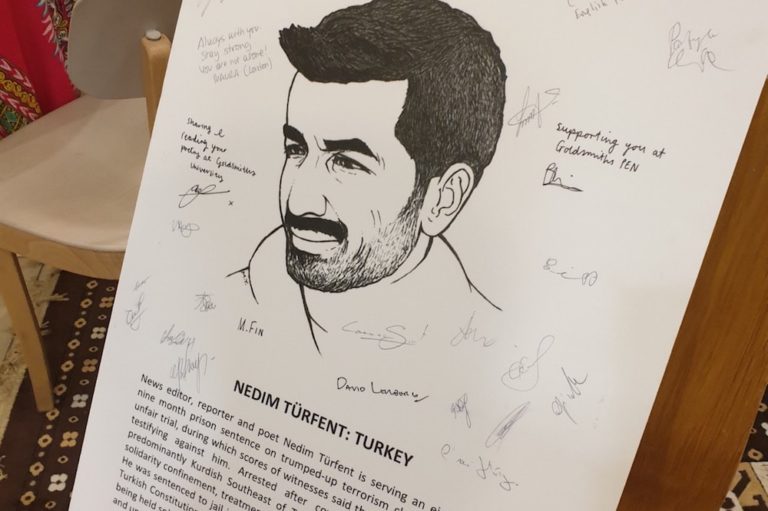
Turkey: Global appeal marks 2000 days in prison for Nedim Türfent
IFEX joins other organisations in once again urging the Turkish authorities to immediately and unconditionally release news editor, reporter and poet Nedim Türfent, and to overturn his conviction. It’s been 2000 days since he was arrested and subsequently sentenced on trumped-up terrorism charges, following an unfair trial.

Media targeted during Sudan’s military coup
Freedom of expression and digital rights come under fire during Sudan’s military coup, as journalists are detained and access to socal media is blocked once more.
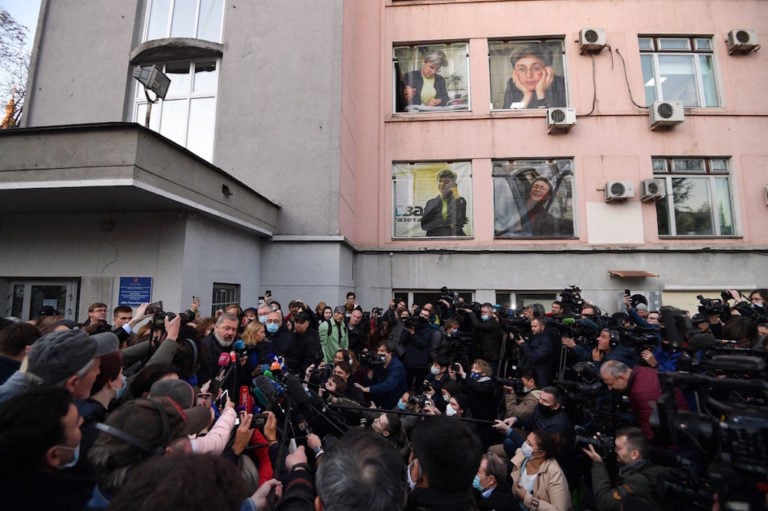
IPI renews call to end the culture of impunity, highlights eight key cases
“Criminals and authoritarian forces are silencing independent journalism with violence, and face very little consequences for doing so. Impunity encourages and accelerates further attacks, undermining the future of critical reporting and ultimately democracy.”

Jordan: Lèse-majesté pardons stir calls for decriminalizing free expression
Recent pardons for those convicted of lèse-majesté is a welcome step in acknowledging that laws criminalizing heads of state and others in power have no place in a democratic country, said IPI Executive Director Barbara Trionfi.
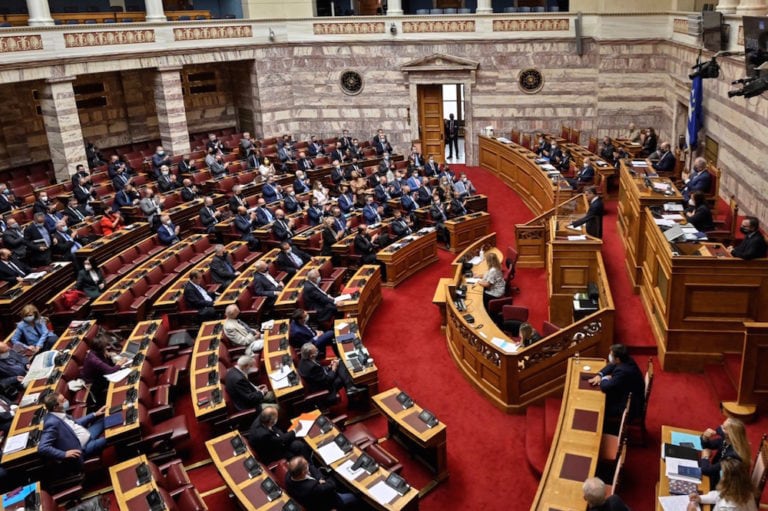
Greece: Media freedom groups call on Justice Ministry to withdraw draft amendment on “false news”
The proposed amendments to Article 191 of the Civil Code would introduce fines and jail sentences for journalists found guilty of publishing “false news”.
